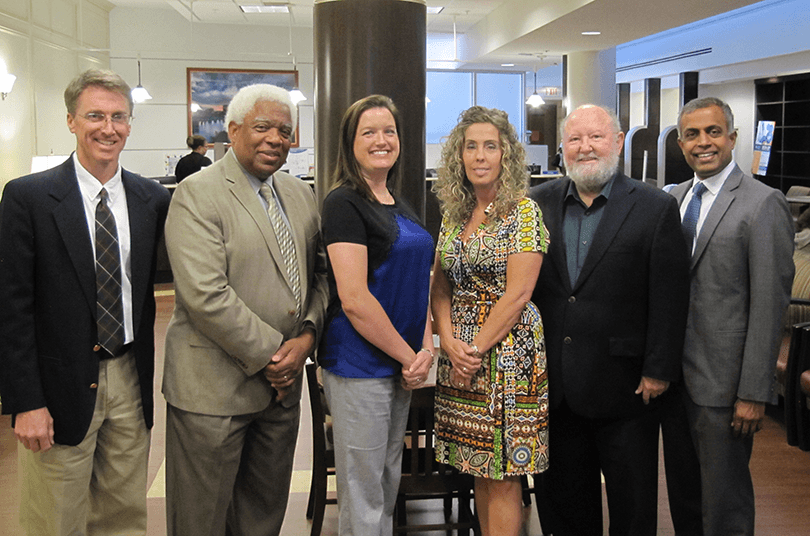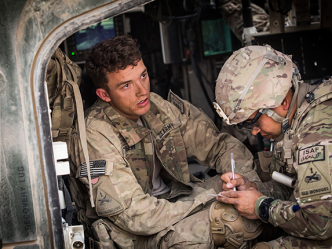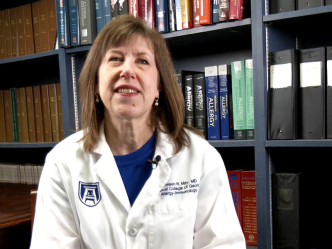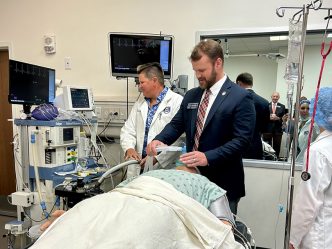Earlier this year, Augusta University’s Department of Family Medicine was recognized as a Level 3 Patient-Centered Medical Home by the National Committee for Quality Assurance (NCQA).
Level 3 is the highest recognition possible, and it’s the third time Family Medicine has received the honor, which is given out every three years.
“For the most part, we don’t look at this as being an award,” said Dr. Joseph Hobbs, chair of the Department of Family Medicine. “It informs the public that we have organized our faculty/resident practice around principals that ensure the centrality of the patient and family while at the same time maintaining comprehensive and longitudinal responsibility for every patient who seeks our care.”
The traditional primary care setting is typically visit-based, whereas the patient-centered medical home environment also focuses on pre- and post-visit care management to focus the actual patient encounter and improve patient self-management and compliance in the context of team-based care with emphasis on the health of the entire practice-based patient population.
Hobbs said the journey toward this style of care began about 12 years ago. After experimenting with aspects of practice-based population health on their own, they recognized they could not create all of the elements themselves, so they turned to the patient-centered medical home model as the basis for their ongoing practice transformation.
“We thought that if we strived for recognition, the process itself would help us build the framework necessary to begin to deliver patient centered services in a fashion that could more effectively impact health outcomes,” Hobbs said.
To achieve the recognition, the departments added personnel and processes and better technology to ensure patients are seen in a seamless manner, giving patients the best opportunities to benefit from detection, prevention and management of disease.
“We’re looking at access,” Hobbs said. “We’re looking at how we provide services in ways to facilitate everyone in the health care team working at the top of their license to ensure that patients with simple or complex health problems consistently receive appropriate care.”
Part of this involved empowering patients to participate more actively in their care.
“I may have an agenda when I see my patients, but they may have an agenda, too, and that communication is facilitated by our front desk, ancillary, and nursing staff prior to my encounter with the patient, further ensuring patients’ concerns are addressed” Hobbs said. “And the more we standardize our approach, the more we can act as a team to ensure the continuity of patient care.”
Now, Family Medicine is working with Pediatrics and General Internal Medicine to implement concepts and components of the Patient-Centered Medical Home in their individual practice sites to improve patient access, outcomes, engagement and experience, a collaborative process facilitated by the AUHealth System.
 Augusta University
Augusta University




